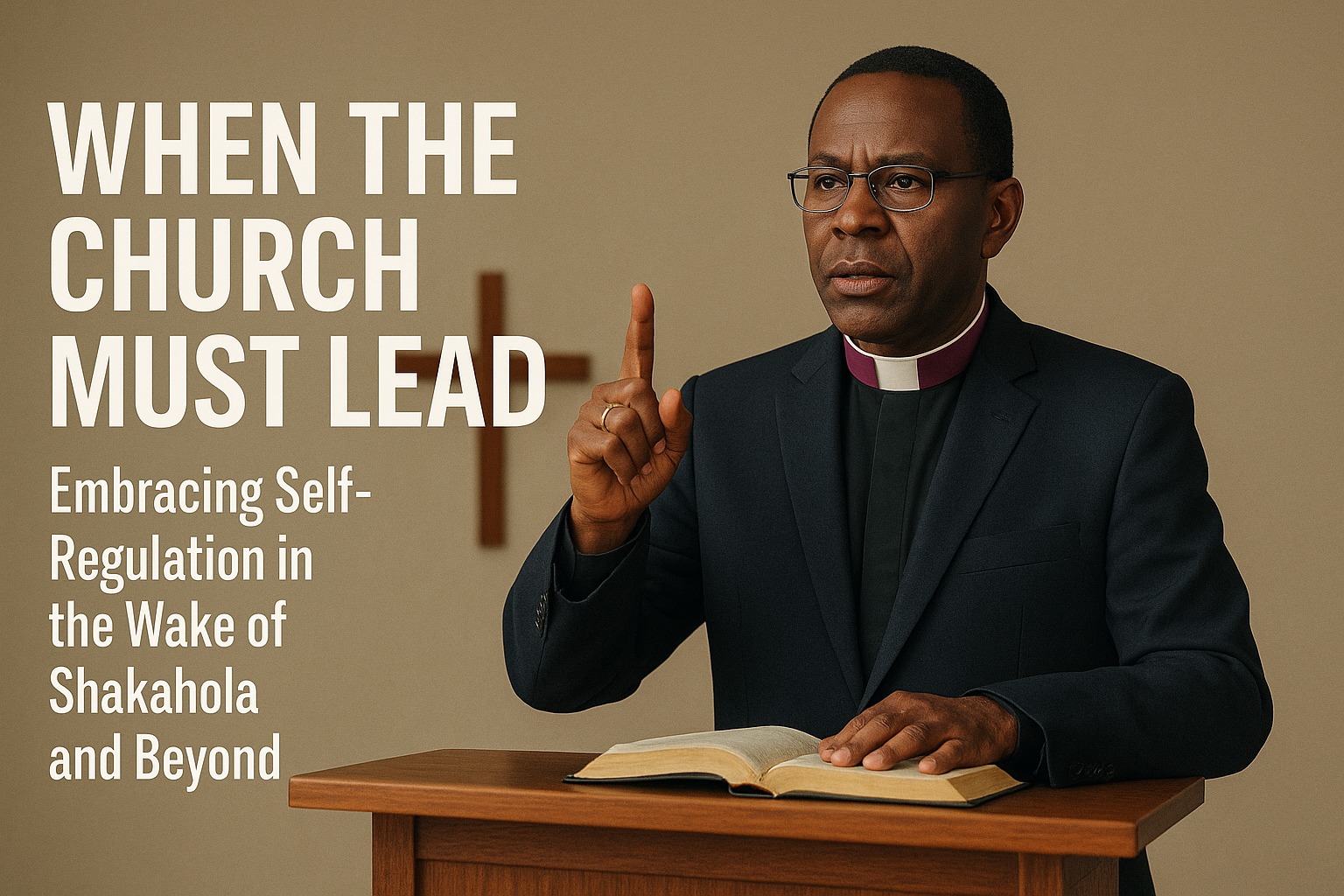In April 2023, the Shakahola Massacre shocked the nation. Over 400 lives, including women and children, were lost under the manipulative grip of a man who claimed to preach Christ. It was not only a moment of spiritual horror but a national reckoning. And though more than two years have passed, new developments remind us: the crisis is far from over.
On July 29, 2025, the Government of Kenya took a historic step. The Cabinet approved the recommendations of the Presidential Taskforce on Religious Organizations—a move designed to safeguard the integrity of religious practice while preventing abuse. At its heart, the Cabinet emphasized a model of self-regulation, placing religious leaders at the center of accountability.
This is the Church’s moment.
What the Cabinet Approved: Key Highlights
The recommendations adopted by Cabinet followed extensive consultations, including benchmarking visits to Rwanda, Tanzania, the United Kingdom, and the United States. Senior Counsel Charles Kanjama, Chair of Kenya Christian Professionals Forum (KCPF), a member of both the Presidential Taskforce and the Hesabika Code of Conduct Steering Committee, helped shape the proposals.
Key approvals include:
- Legal and Policy Frameworks: Draft policy and draft legislation to govern religious organizations.
- Religious Affairs Commission: A proposed statutory body to support oversight and coordination.
- Strengthening Umbrella Faith Bodies: Encouraging umbrella organizations to play a lead role in self-regulation.
- Standards for Leadership: Minimum qualifications and ethical standards for religious leaders, to be defined by umbrella bodies.
- Civic Education: Promoting religious literacy and combating extremism through education.
- Media Oversight: Recommendations to address extremist content in religious broadcasting.
The underlying principle? The Church must govern itself—or risk being governed by others.
The Church’s Critical Role: From Observer to Driver
At a virtual meeting of the Hesabika Code of Conduct Steering Committee which comprises some leaders of Church Umbrella bodies and denominations, among others, on August 1, 2025, SC Kanjama presented the implications of the Cabinet approval. But more importantly, the conversation shifted from policy to participation.
Rachel Kitonyo, Chair of Hesabika Trust, called on the Church to actively lead this process, noting that credibility and public trust would only be restored if the Church owns the reforms.
Bishop Kepha Omae added, “We must not abdicate this opportunity. If the Church does not guide the moral direction of the nation, someone else will—and not always with wisdom.”
The key message across the meeting was clear: this is not a time for spectatorship. This is a time for the Church to own the reforms and ensure that biblical self-regulation remains at the center of the new governance model.
The Hesabika Code: Anchoring Accountability in Biblical Leadership
Long before Shakahola, Hesabika Trust had convened a group of pastors, elders, lawyers, and governance professionals to draft a Code of Conduct and Governance Guidelines for the Church in Kenya.
The Hesabika Code of Conduct is a voluntary but rigorous tool that equips churches and ministries to:
- Ensure ethical, financial, and doctrinal accountability
- Prevent spiritual abuse, manipulation, and coercion
- Build checks and balances in leadership structures
- Safeguard the rights and wellbeing of congregants, especially women and children
- Encourage transparency in leadership transitions, ministry finances, and decision-making
This is not a bureaucratic invention. It is a biblical imperative.
The Code has already been adopted or contextualized by denominations such as the Africa Gospel Church and presented to many others including Deliverance Church. It is open, adaptable, and deeply grounded in Scripture.
Moving from Endorsement to Action: A Proposed Way Forward
To turn these approvals into practical outcomes, Hesabika Trust and Kenya Christian Professionals Forum (KCPF) outlined a multi-step roadmap:
- Briefing Sessions: Umbrella bodies and denominations should organize structured sessions to understand and explain the report to their leadership teams.
- Civic Education: Using assemblies and member gatherings, denominations should raise awareness among the faithful about the importance of the reforms.
- Public Participation: When the policy, bill, and regulations are brought forward for public input, churches must engage vigorously. This includes identifying what should be changed, clarified, or defended.
- Coalition Building: Umbrella bodies must consult and agree on a joint approach. Fragmentation risks weakening the Church’s influence on the final shape of the law.
What is at Stake
If the Church remains passive, two things are likely:
- The State may take over what should rightly be spiritual and theological domains.
- Abuses such as Shakahola may continue under the guise of faith.
But if the Church rises to the occasion, we will see something far more redemptive:
- A more credible witness to the Gospel in public life
- Increased protection for the vulnerable
- A renewal of trust in the moral leadership of the Church
As Scripture reminds us, “It is time for judgment to begin with the household of God” (1 Peter 4:17).
This Is Our Kairos Moment
The government has acted. The public is watching. The blueprint is clear.
Now the Church must act—boldly, wisely, and in unity.
Let us not miss this opportunity to lead with integrity, to heal with compassion, and to shepherd the nation not just in word, but in truth and accountability.
🟡 Your Voice Matters
- Is the Church in Kenya ready to lead in self-regulation?
- What steps are needed to restore public trust in spiritual leadership?
👇🏽 We’d love to hear your thoughts. Share them in the comments below.
Hesabika. Be Counted.
🟡 Learn More or Download the Code of Conduct: https://hesabika.com/code-of-conduct-of-churches-in-kenya/
#ChurchLeadership #SelfRegulation #ShakaholaMassacre #FaithAndGovernance #KenyaChurch #CodeOfConduct #HesabikaTrust #SpiritualAccountability #ReligiousFreedom

No responses yet